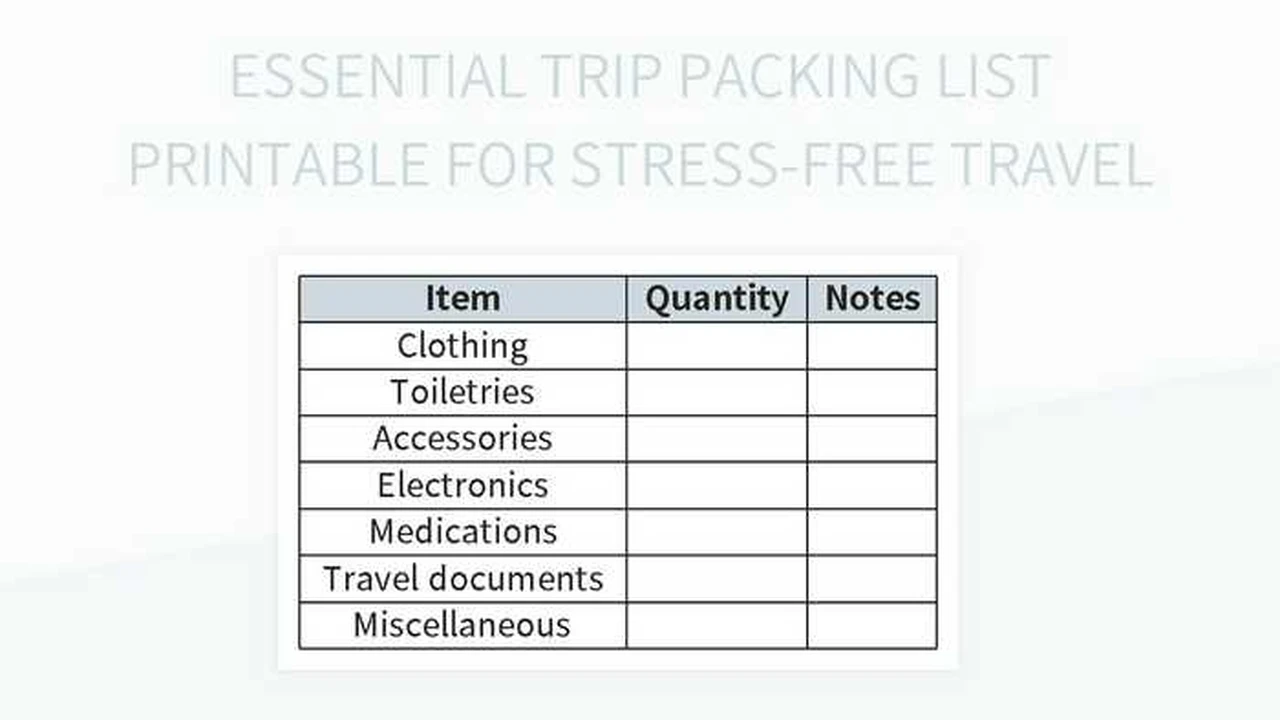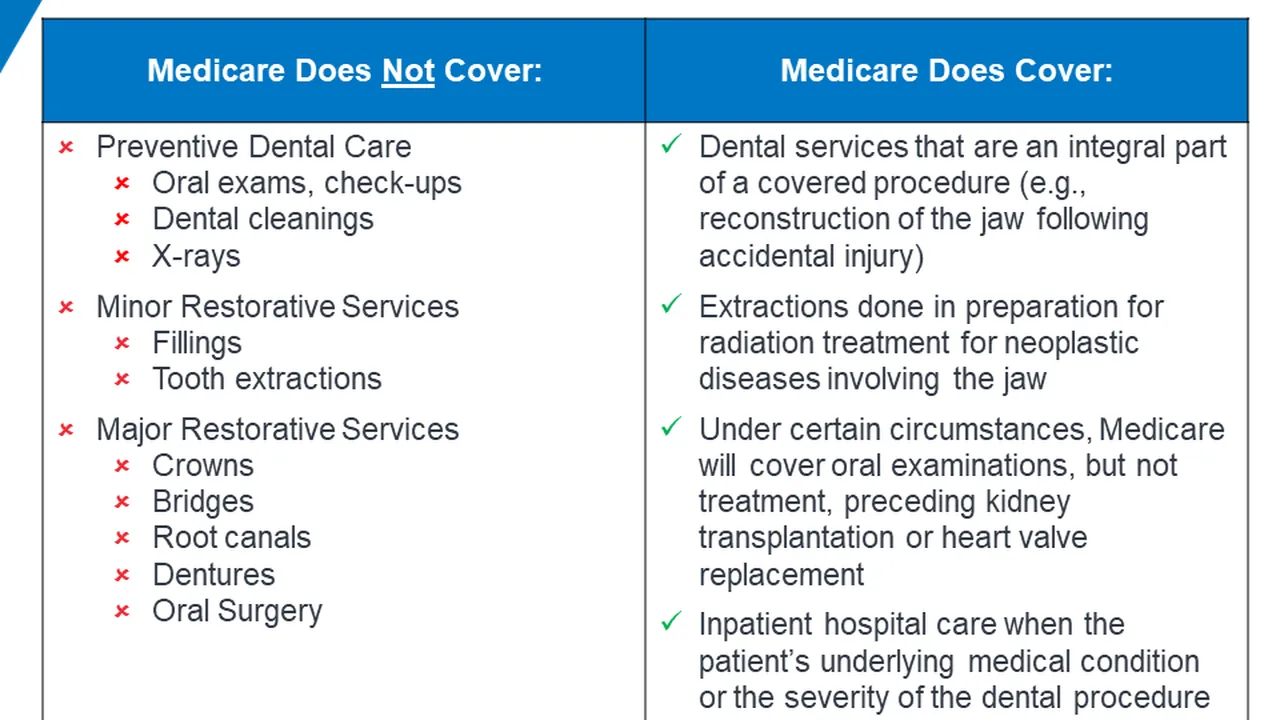Working with a Travel Insurance Agent: Benefits for Seniors

Learn how to file a travel insurance claim successfully. Gather required documentation, follow policy guidelines, and track your claim status. Get reimbursed for your losses.
Understanding Your Travel Insurance Policy for Claim Filing
Okay, so you've had a trip mishap – nobody wants that! But, hey, that's why you got travel insurance in the first place. Now, the key is to understand your policy inside and out *before* you even think about filing a claim. Grab that policy document (you know, the one you probably skimmed over when you bought it) and actually read it. Pay close attention to:
- Coverage Limits: How much will they actually pay out for different types of losses (medical, baggage, cancellation, etc.)?
- Deductibles: How much do *you* have to pay out of pocket before the insurance kicks in?
- Exclusions: What's *not* covered? Pre-existing conditions, extreme sports, acts of war – these are common exclusions.
- Claim Filing Deadlines: You usually have a limited time to file a claim after the incident occurs. Don't miss the deadline!
Knowing this stuff upfront will save you a lot of headaches later. Seriously, this is the most important step.
Step 1: Document Everything Immediately After the Incident
This is where being proactive pays off. As soon as something goes wrong, start documenting *everything*. Think of yourself as a detective gathering evidence. Here's what you need to do:
- Medical Emergencies: Get copies of all medical reports, bills, and diagnoses from doctors and hospitals. Make sure they clearly state the nature of your illness or injury and the treatment you received.
- Lost or Stolen Items: File a police report *immediately*. Get a copy of the report with the case number. Also, keep receipts for any items you had to replace.
- Trip Cancellations or Interruptions: Get documentation from your airline, cruise line, or tour operator explaining the reason for the cancellation or interruption. If it's due to a medical reason, get a doctor's note.
- Delayed Baggage: File a report with the airline *before* you leave the airport. Get a copy of the report with the file reference number. Keep receipts for essential items you had to buy while your luggage was delayed (toiletries, clothes, etc.).
The more documentation you have, the stronger your claim will be. Don't just rely on your memory – get it in writing!
Step 2: Notify Your Travel Insurance Company ASAP
Don't wait until you get back home to contact your insurance company. Notify them as soon as possible after the incident occurs. This is often a requirement of the policy. Check your policy documents for the correct phone number or website to use. When you contact them, be prepared to provide:
- Your policy number
- A brief description of the incident
- Your contact information
They will likely give you a claim form to fill out and instructions on how to submit your documentation.
Step 3: Filling Out the Travel Insurance Claim Form Accurately
The claim form is your chance to tell your story. Fill it out completely and accurately. Don't leave any blanks. Be clear and concise in your descriptions. Attach all the supporting documentation you gathered in Step 1. Here are some tips:
- Read the instructions carefully: Each claim form is different. Make sure you understand what information they are asking for.
- Be honest: Don't exaggerate or misrepresent anything. This could invalidate your claim.
- Be specific: Provide as much detail as possible about the incident.
- Keep a copy: Make a copy of the completed claim form and all supporting documentation for your records.
A well-prepared claim form will increase your chances of getting approved.
Step 4: Submitting Your Travel Insurance Claim and Following Up
Once you've completed the claim form and gathered all the necessary documentation, it's time to submit your claim. Check your policy documents for the correct mailing address or online submission portal. After you submit your claim, don't just sit back and wait. Follow up with the insurance company to make sure they received your claim and to check on its status. Keep a record of all communication with the insurance company, including the dates, times, and names of the people you spoke with. This will be helpful if you need to appeal a denied claim.
Step 5: Understanding Claim Denials and Appealing the Decision
Sometimes, despite your best efforts, your claim might be denied. Don't panic! This doesn't necessarily mean you're out of luck. Understand why your claim was denied. The insurance company should provide you with a written explanation. Common reasons for denial include:
- Exclusions: The incident was excluded under your policy.
- Lack of Documentation: You didn't provide sufficient documentation to support your claim.
- Pre-Existing Conditions: The claim was related to a pre-existing condition that wasn't covered.
- Policy Violations: You violated the terms of your policy (e.g., you didn't notify the insurance company in a timely manner).
If you believe your claim was wrongly denied, you have the right to appeal the decision. Follow the instructions in your policy documents for submitting an appeal. In your appeal, provide any additional documentation or information that supports your claim. Be polite but persistent. If your appeal is denied, you may have other options, such as filing a complaint with your state's insurance regulator or seeking legal advice.
Travel Insurance Claim Examples and Usage Scenarios for Seniors
Let's look at some specific examples to illustrate how this process works in real life:
- Medical Emergency Abroad: Imagine you're on a trip to Italy and you slip and break your hip. You're rushed to a local hospital. Your travel insurance can cover the cost of your medical treatment, including doctor visits, hospital stays, and surgery. You'll need to submit copies of your medical records, bills, and receipts to the insurance company.
- Lost Luggage: You're flying to Florida for a winter vacation, and your luggage gets lost in transit. Your travel insurance can reimburse you for the cost of essential items you need to buy while your luggage is delayed, such as toiletries, clothes, and medication. You'll need to file a report with the airline and keep receipts for your purchases.
- Trip Cancellation Due to Illness: You're scheduled to go on a cruise, but you come down with the flu a few days before your departure. Your travel insurance can reimburse you for your non-refundable trip expenses, such as your cruise fare and airline tickets. You'll need to provide a doctor's note and documentation from the cruise line.
Product Recommendations: Travel Insurance Companies with Good Claim Processes
While I can't endorse specific companies, here are some travel insurance providers known for generally having a smooth claim process and good customer service:
- Allianz Travel Insurance: Known for a wide range of coverage options and a user-friendly online claim portal. They also have a good reputation for handling medical claims efficiently.
- World Nomads: Popular with adventure travelers, they offer comprehensive coverage and a straightforward claim process. They are known for their responsiveness and helpful customer service.
- Travel Guard: A well-established company with a variety of plans to suit different needs. They have a 24/7 assistance hotline and a dedicated claims team.
- InsureMyTrip: This is a comparison website, not an insurance provider itself. However, it allows you to compare policies from multiple companies and read customer reviews, which can help you choose a provider with a good track record for claim handling.
Important Note: Always compare policies and read the fine print before making a decision. The best travel insurance company for you will depend on your individual needs and travel plans.
Travel Insurance Pricing and Cost Considerations for Seniors
The cost of travel insurance varies depending on several factors, including:
- Your age: Older travelers typically pay more for travel insurance because they are statistically more likely to have a medical emergency.
- Your destination: Travel insurance for international trips is generally more expensive than for domestic trips.
- The length of your trip: Longer trips require more coverage and therefore cost more.
- The amount of coverage you need: Higher coverage limits will result in a higher premium.
- Your deductible: A higher deductible will lower your premium, but you'll have to pay more out of pocket if you file a claim.
To give you a general idea, travel insurance for a senior traveler for a one-week trip to Europe could range from $50 to $200, depending on the factors mentioned above. Annual travel insurance plans can cost several hundred dollars. It's important to get quotes from multiple companies and compare prices to find the best deal.
Tips for a Smooth Travel Insurance Claim Experience
Here are some final tips to help you have a smooth travel insurance claim experience:
- Read your policy carefully: I know I've said this before, but it's worth repeating. Understand what's covered and what's not.
- Keep your policy documents with you: Make sure you have a copy of your policy documents with you while you're traveling, either in paper form or on your phone.
- Notify the insurance company promptly: Don't delay in notifying the insurance company after an incident occurs.
- Gather all necessary documentation: The more documentation you have, the stronger your claim will be.
- Be honest and accurate: Don't exaggerate or misrepresent anything on your claim form.
- Follow up on your claim: Don't just sit back and wait. Check on the status of your claim regularly.
- Be patient: The claim process can take time. Be patient and persistent.
By following these tips, you can increase your chances of having a successful travel insurance claim experience and getting reimbursed for your losses. Travel safe and smart!
:max_bytes(150000):strip_icc()/277019-baked-pork-chops-with-cream-of-mushroom-soup-DDMFS-beauty-4x3-BG-7505-5762b731cf30447d9cbbbbbf387beafa.jpg)






